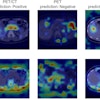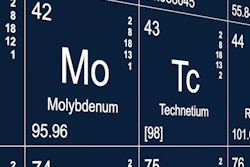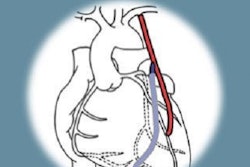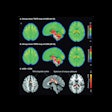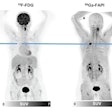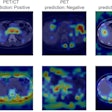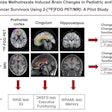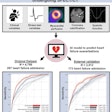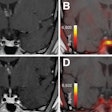Dr. Julian Kirchner from the University Hospital of Düsseldorf in Germany will discuss his team's study, which explored how adding this imaging method to guidelines-recommended conventional staging leads to patient management changes. The group also compared the diagnostic accuracy of F-18 FDG-PET/MRI to conventional cancer staging.
Kirchner and colleagues analyzed data from a total of 208 women in two centers who had newly diagnosed breast cancer and had not previously undergone cancer therapy. The patients underwent a multimodality scanning regimen recommended by the current European Society of Medical Oncology (ESMO) guideline algorithm, as well as a whole-body F-18 FDG-PET/MRI scan that included a dedicated F-18 FDG-PET/MRI breast examination.
The study authors found that changes in therapeutic changes when combining the algorithm and F-18 FDG-PET/MRI were detected in five patients (2.4%).
Also, the combination guideline algorithm and F-18 FDG-PET/MRI were concordant in 135 of 208 (64.9%) patients. However, F-18 FDG-PET/MRI correctly determined staging in 81.9% of patients, while the guideline algorithm correctly determined staging in 62.5% of patients.
The researchers suggested that if available, F-18 FDG-PET/MRI can be done for staging purposes rather than combining CT and scintigraphy.
"Furthermore, in patients with strong clinical suspicion and large primary tumor, an additional examination by F-18 FDG-PET/MRI to exclude metastases should be considered," they added.
Stop by this talk on Sunday morning to get all the details.



